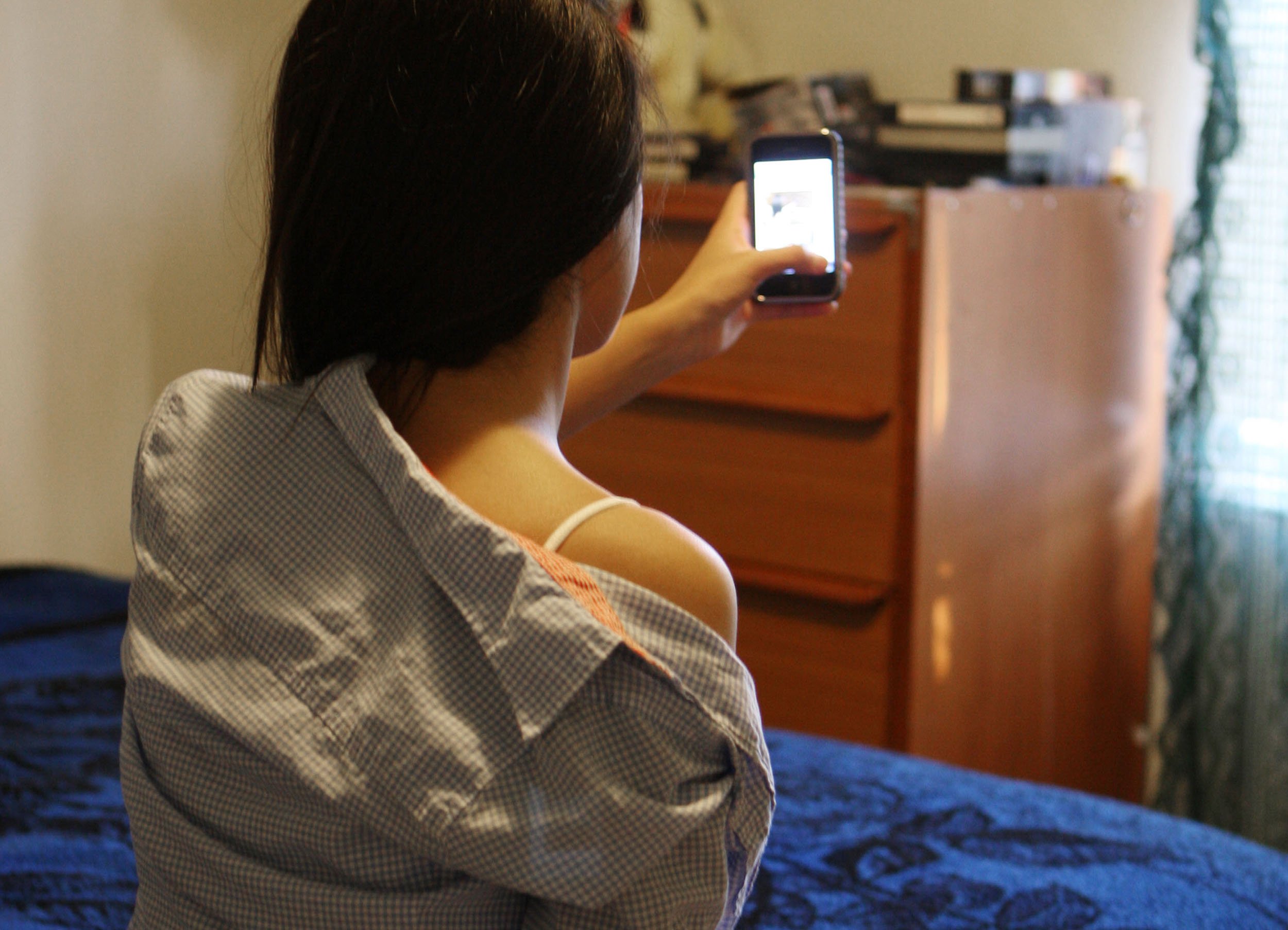
Sexting may be more common and more beneficial to sexual and relationship satisfaction than previously thought, according to a study released Saturday.
Defined in the study as the act of "sending or receiving of sexually suggestive or explicit content via text message," sexting has become increasingly popular, particularly among young people. But Emily Stasko of Drexel University, who co-authored the study with Drexel associate professor Pamela Geller, says there is still ambiguity over the effects of sexting.
"Most research looks at sexting as something that's dangerous," Stasko says. "But if it's only bad then people wouldn't do it as much as they do."
The study found that eight out of 10 people surveyed online had sexted in the previous year. The study's authors surveyed 870 participants from the United States, age 18 through 82, to asses "sexting behaviors, sexting motives, and relationship and sexual satisfaction."
Some 88 percent of participants admitted to having sexted ever and 82 percent said they had sexted in the past year. There was also a strong correlation between sexting and relationships: Seventy-five percent of respondents who were in a committed relationship admitted to having sexted, versus 43 percent in a casual relationship and 26 percent of single respondents.
And the quality of those relationships? According to the study, a "significant portion" of those who admitted to sexting while in a serious relationship said they had greater sexual satisfaction. Single sexters reported lower sexual satisfaction scores.
Stasko says the data suggest that sexting could be considered a tool to enhance couples' communication and sexual health. It could be "used as way to create intimacy and to increase sexual satisfaction and create a new types of communication within that couple," she says.
But past studies have suggested other, negative effects from sexting. Specifically, the practice has been linked to risky sexual behavior—such as unprotected sex.
Stasko says this perception might come from a broader negative bias when it comes to reports on sexuality. "I think we do tend to look at sexuality in general from a perspective of risk instead of a perspective of benefit or even neutrality," she says.
Uncommon Knowledge
Newsweek is committed to challenging conventional wisdom and finding connections in the search for common ground.
Newsweek is committed to challenging conventional wisdom and finding connections in the search for common ground.
About the writer
To read how Newsweek uses AI as a newsroom tool, Click here.








